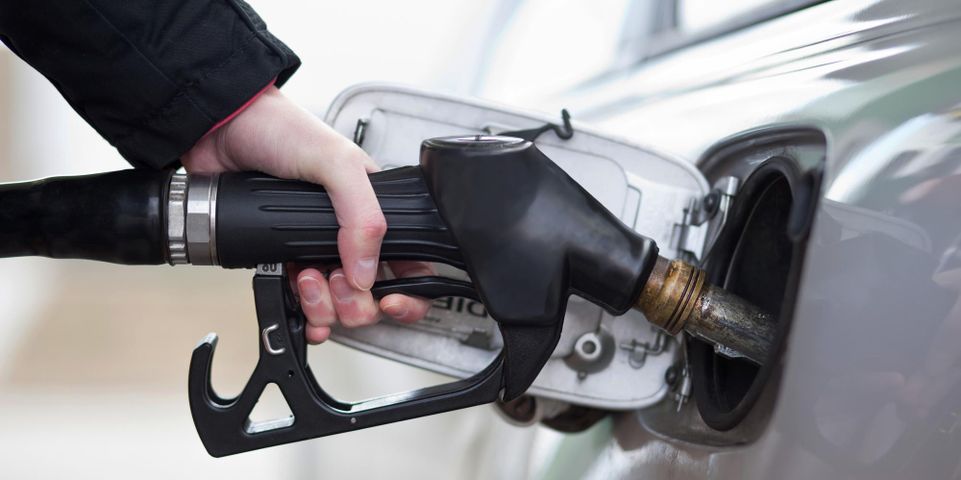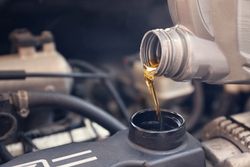
To keep your vehicle in great shape, you should know a few basic facts about oil and gas. From grade differences to proper storage methods, you’ll use fuel more responsibly once you familiarize yourself with the details. Below is some information about various types of gasoline and your car.
4 Oil & Gas Facts
1. Premium Gas Isn’t Necessary
Premium grade fuels contain the same additives and ethanol quantities as unleaded. The only real difference is that premium oil and gas have higher octane levels, causing less kickback in the engine. If you own a classic car with a more delicate engine, premium fuel may be the better choice. However, most modern vehicles run perfectly fine with regular oil and gas.
2. Use Effective Additives
 Contrary to popular belief, additives will not get you better gas mileage on the roads. Additives do, however, keep your engine clean. Choose products that contain polyisobutylene (PIBA) and polyetheramine (PEA), and follow the instructions closely as you pour them into your engine.
Contrary to popular belief, additives will not get you better gas mileage on the roads. Additives do, however, keep your engine clean. Choose products that contain polyisobutylene (PIBA) and polyetheramine (PEA), and follow the instructions closely as you pour them into your engine.
3. Store & Dispose of Fuel Safely
Store gas in well-sealed canisters, and allow some room for expansion, especially during the cold months. Add fuel stabilizer to keep ethanol from separating and causing corrosion. The safest way to dispose of old gas is to use it. Over time, add it little by little to each full tank of new gas.
4. Brand Names Don’t Always Matter
Since the EPA requires all oil and gas products to contain minimum levels of additives, brand-name and off-brand fuels are mostly equal quality. It depends on which product works best with your vehicle, so give several a try, whether or not you recognize their names.
When you need dependable petroleum products for your vehicles, heavy machinery, and power equipment, head to CMS Oil Company. They provide affordable rates on oil and gas to the Lapeer, MI, community. Call them at (810) 664-8491 to schedule fuel delivery to your home, and visit them online to learn more about this oil production company.
About the Business
Have a question? Ask the experts!
Send your question

